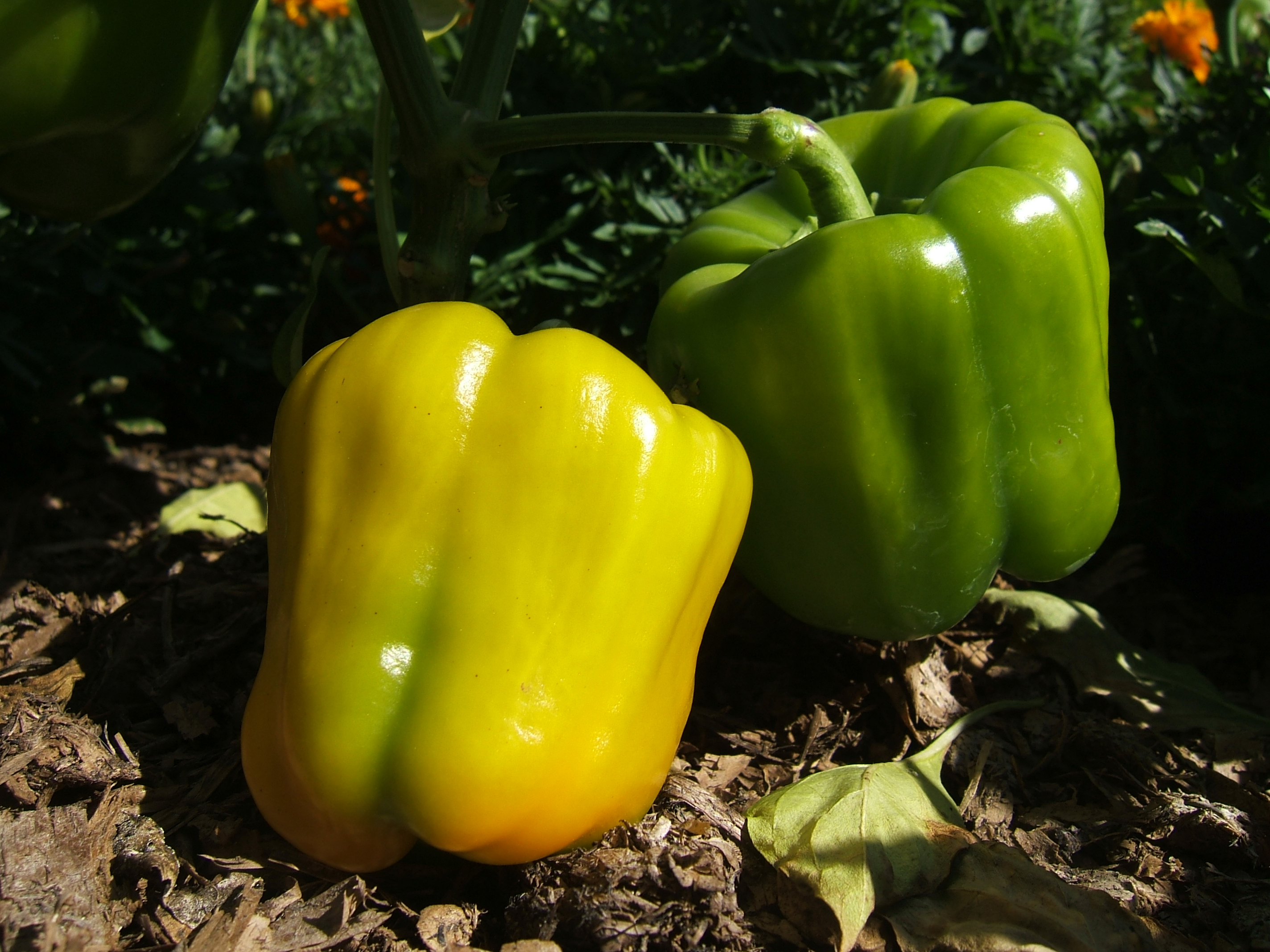Premier Fertilizers for Peppers: Boost Your Harvest Quality
Premier Fertilizers for Peppers: Boost Your Harvest Quality
Blog Article
Organic Vs. Synthetic Fertilizers: Which Is Best for Supporting Healthy And Balanced Pepper Plants?
In the realm of nurturing healthy and balanced pepper plants, the selection in between organic and synthetic fertilizers stands as a pivotal choice with significant implications. While both options purpose to give necessary nutrients to sustain plant growth, the subtleties of their effect on the soil, plant health, and the setting stimulate an argument that echoes throughout the horticulture neighborhood. Understanding the distinctive benefits and prospective pitfalls of each plant food kind is vital for pepper cultivators looking for to optimize their returns while preserving an eco-conscious and sustainable strategy.
Benefits of Organic Plant Foods
Organic fertilizers offer an environmentally-friendly and sustainable approach to beneficial pepper plants, providing crucial nutrients without making use of synthetic chemicals. These all-natural plant foods are stemmed from natural sources such as garden compost, manure, bone meal, and algae, promoting dirt health and biodiversity. Unlike artificial fertilizers, organic alternatives release nutrients gradually, guaranteeing a balanced and constant supply for pepper plants to flourish.
One substantial benefit of natural plant foods is their ability to boost soil structure and water retention. By boosting soil health and wellness, organic plant foods promote helpful microbial task, which aids in nutrient uptake by pepper plants. Furthermore, natural plant foods reduce the danger of chemical run-off, shielding water sources from contamination and guarding the setting.
Additionally, organic plant foods add to long-term soil fertility by promoting the development of valuable dirt organisms. These organisms help break down raw material, launching nutrients in a kind that is conveniently accessible to pepper plants. best fertilizers for peppers. By promoting a healthy dirt environment, natural plant foods sustain lasting pepper farming techniques that profit both plants and the setting
Downsides of Artificial Plant Foods
Synthetic plant foods, in contrast to their organic equivalents, posture different downsides when utilized to nourish pepper plants, influencing both plant wellness and ecological sustainability. One major drawback of artificial fertilizers is their tendency to seep nutrients from the dirt rapidly.
Moreover, the overuse of artificial plant foods can add to water air pollution. Excess plant foods not absorbed by plants can remove right into water bodies, resulting in eutrophication, where algae blooms diminish oxygen levels in the water, harming marine life. In addition, synthetic plant foods are usually originated from non-renewable resources, such as fossil gas, adding to carbon discharges and environmental degradation throughout their production.
Nutrient Absorption Contrast
Effective nutrient absorption plays a critical function in the overall health and wellness and growth of pepper plants. When comparing natural and synthetic fertilizers in regards to nutrient absorption, natural fertilizers have the benefit of offering an extra balanced and slow-release resource of nutrients browse around this web-site (best fertilizers for peppers). Organic fertilizers have a range of macro and trace elements that are not only beneficial for the plants however also promote healthy and balanced soil microbial task, which helps in nutrient uptake. On the various other hand, synthetic plant foods often supply a fast release of nutrients, which blog here can cause leaching and runoff, leading to reduced nutrient absorption rates by the plants.
In addition, natural plant foods boost dirt framework and water retention ability, permitting pepper plants to accessibility nutrients more efficiently. This improved soil quality facilitates root development, enabling better nutrient absorption. Artificial plant foods, although at first improving plant development because of their high nutrient concentrations, may hinder lasting nutrient absorption by derogatory dirt wellness gradually.
Ecological Effect Considerations

On the other hand, artificial fertilizers, although frequently even more focused and right away available to plants, can have destructive impacts on the setting if not used appropriately (best fertilizers for peppers). Their production needs high energy inputs, causing greenhouse gas emissions and adding to climate adjustment. The runoff of excess artificial fertilizers can pollute water resources, leading to eutrophication and hurting marine communities.
Best Fertilizer Practices for Peppers
When feeding pepper plants, optimizing nutrient uptake and reducing ecological influence are essential considerations. To attain this, it is essential to comply with finest plant food techniques tailored to the certain needs of pepper plants. One important technique is to perform a soil examination prior to using any kind of fertilizers. This test can figure out the pH degree of the soil and determine any type of nutrient deficiencies, assisting you in choosing the most appropriate continue reading this fertilizer formulation.
An additional vital method is to fertilize pepper plants at the correct time. Generally, peppers benefit from obtaining plant food at growing and after that again when they begin to blossom. Over-fertilizing can cause nutrition imbalances and harm the plants, so it is essential to adhere to advised application prices.
In addition, choosing a well balanced fertilizer with an NPK proportion that suits pepper plants' needs is fundamental. Inevitably, combining artificial and organic fertilizers deliberately can help support healthy pepper plants while lessening ecological effect.
Conclusion

Organic plant foods supply an environmentally-friendly and lasting method to beneficial pepper plants, providing crucial nutrients without the use of artificial chemicals. Unlike synthetic fertilizers, natural alternatives release nutrients gradually, ensuring a consistent and balanced supply for pepper plants to flourish.
Artificial plant foods, in contrast to their organic equivalents, pose various downsides when made use of to nourish pepper plants, affecting both plant wellness and environmental sustainability. When contrasting natural and synthetic plant foods in terms of nutrient absorption, natural fertilizers have the advantage of offering a much more well balanced and slow-release resource of nutrients.In addition, organic fertilizers boost dirt framework and water retention ability, allowing pepper plants to access nutrients much more efficiently.
Report this page